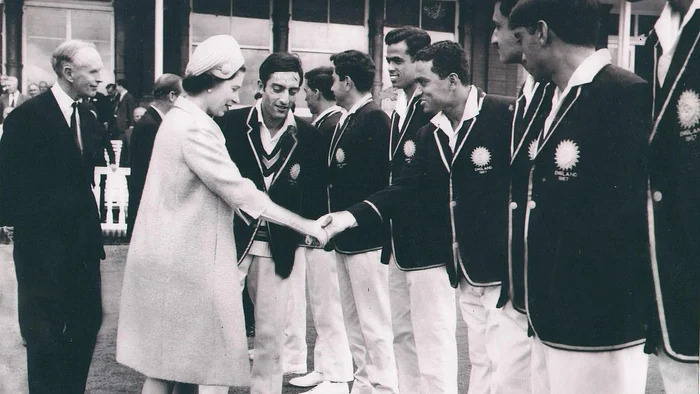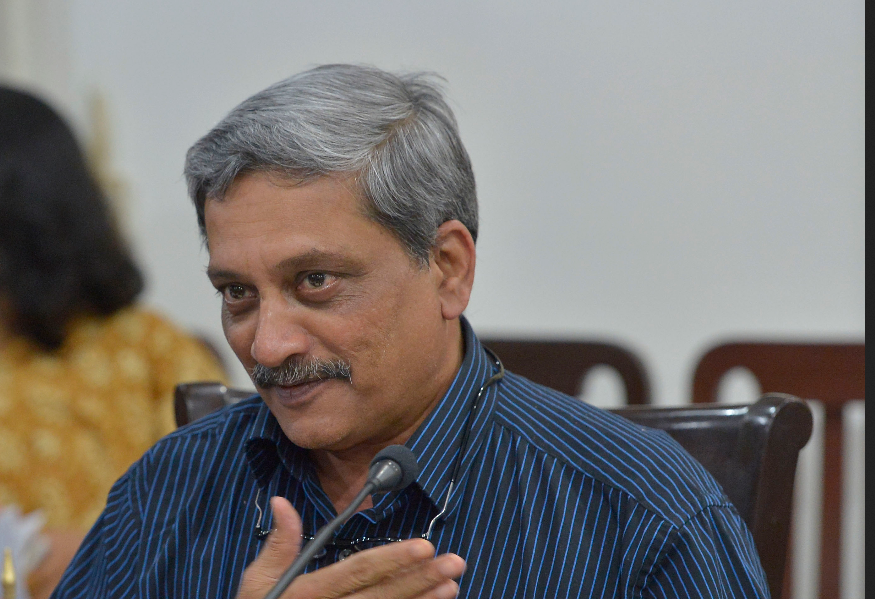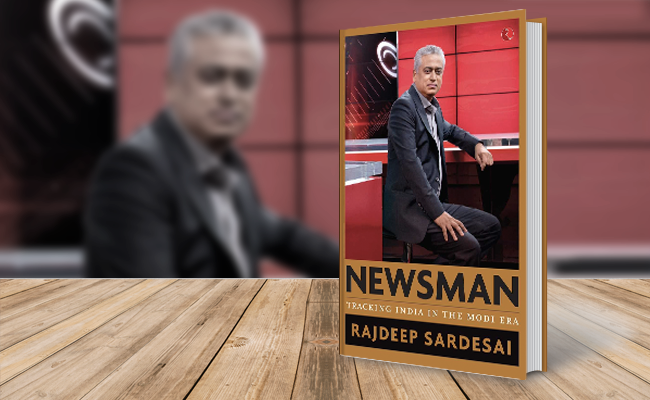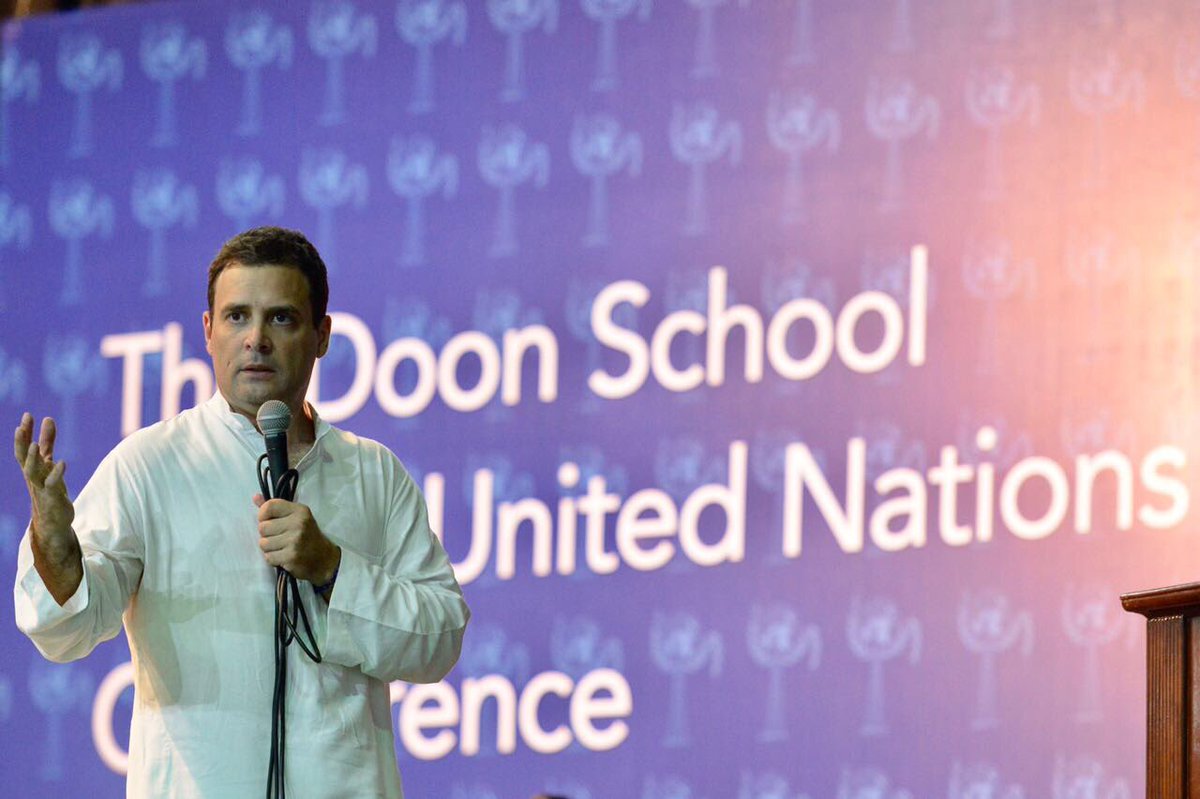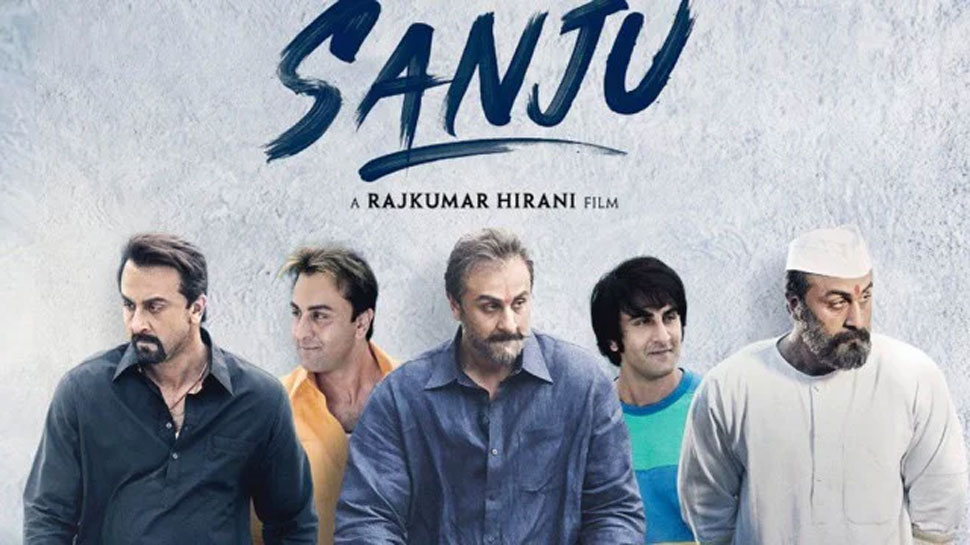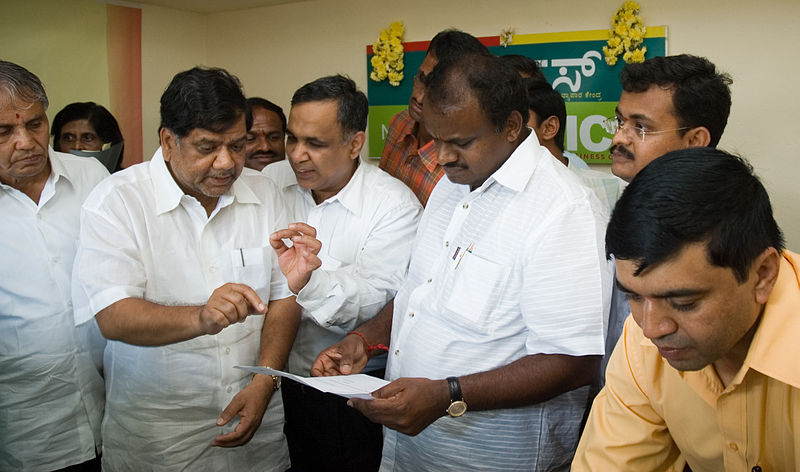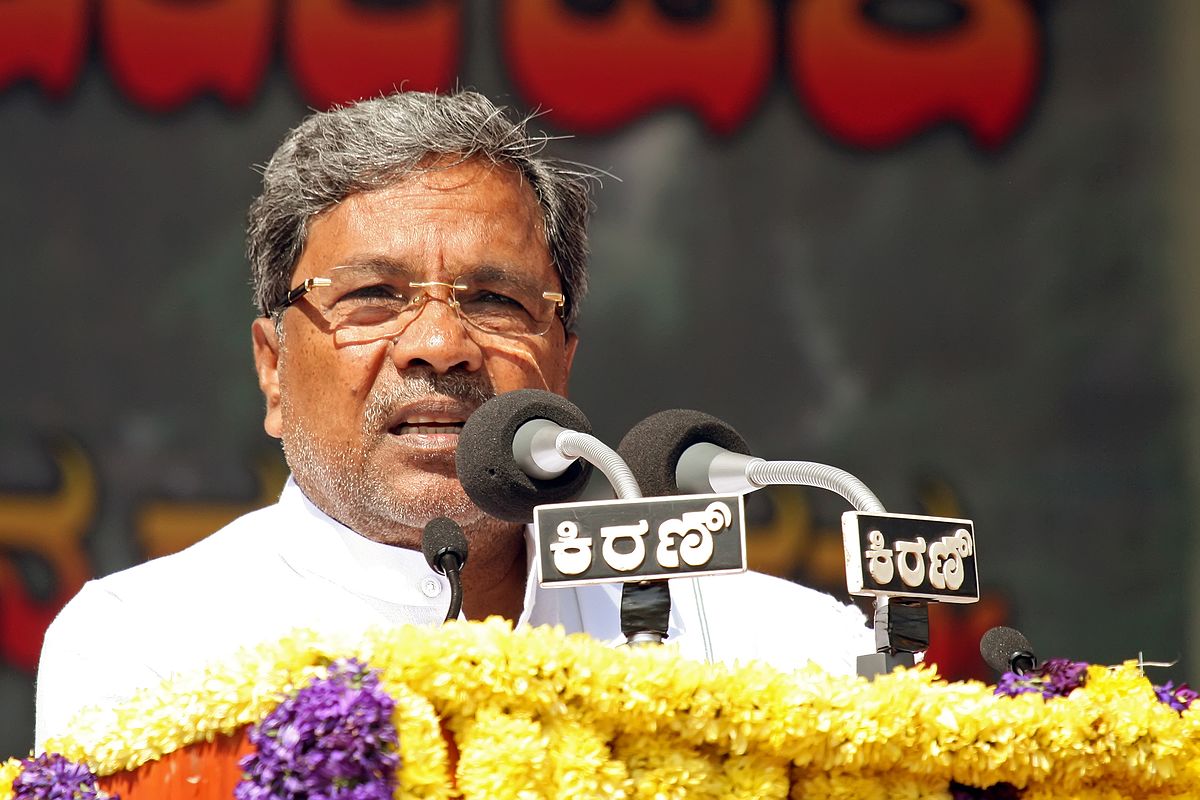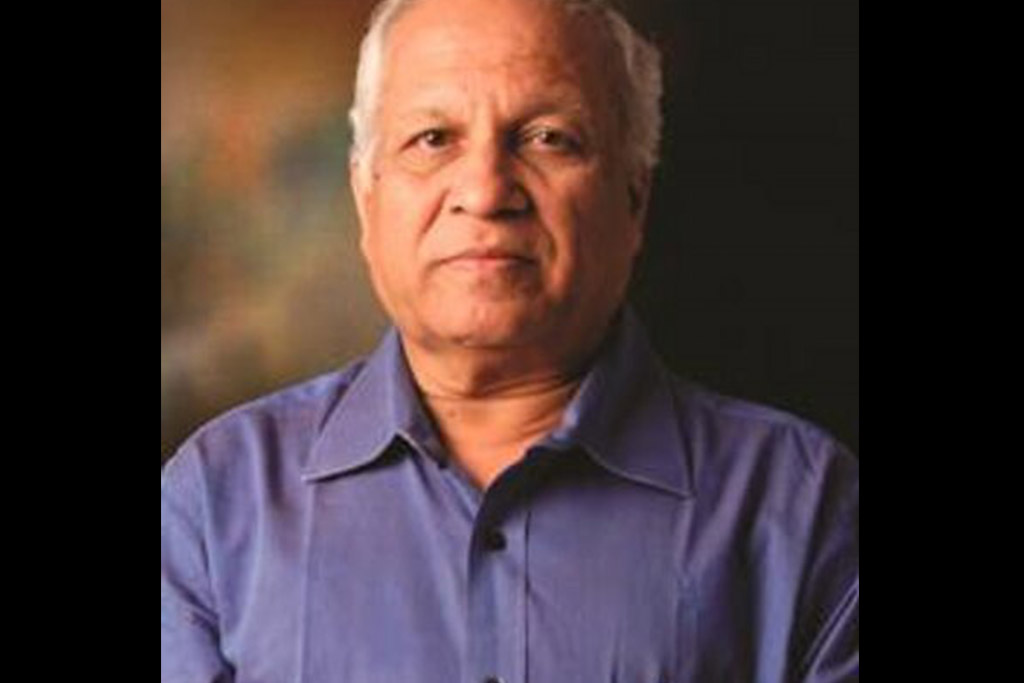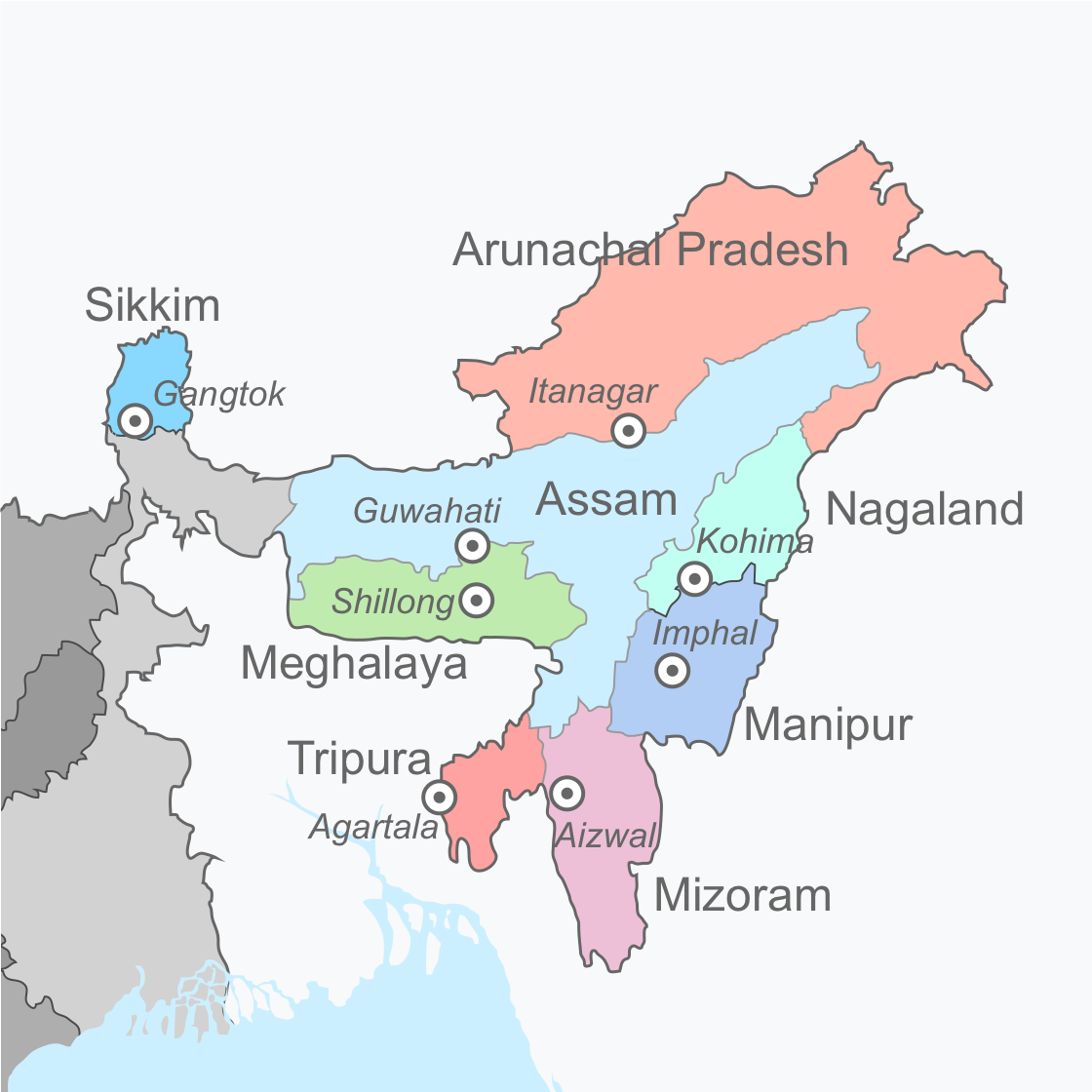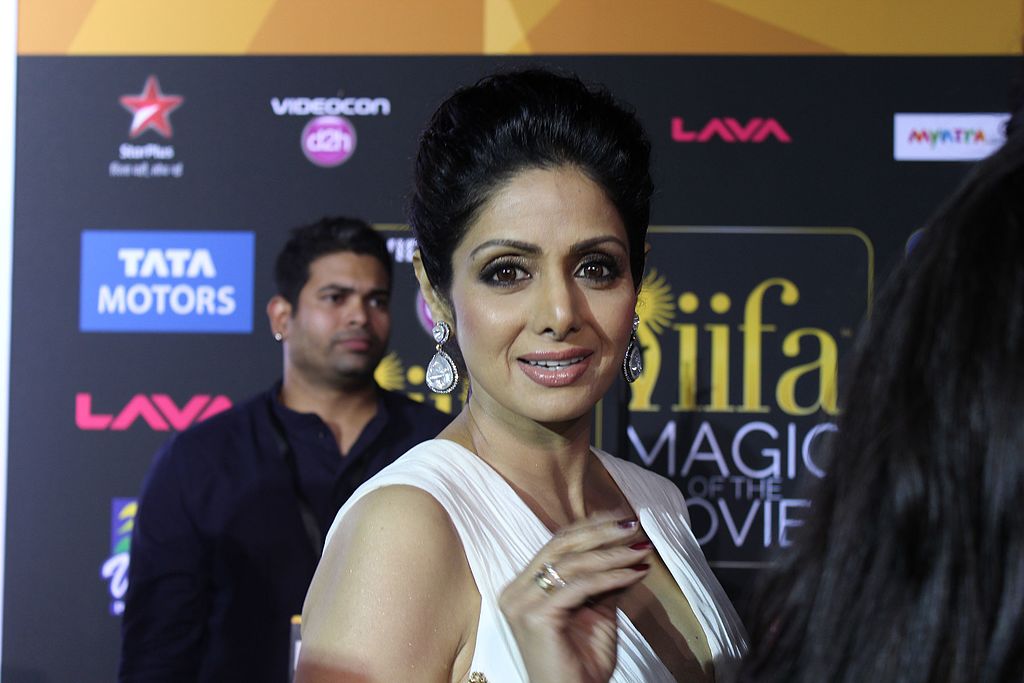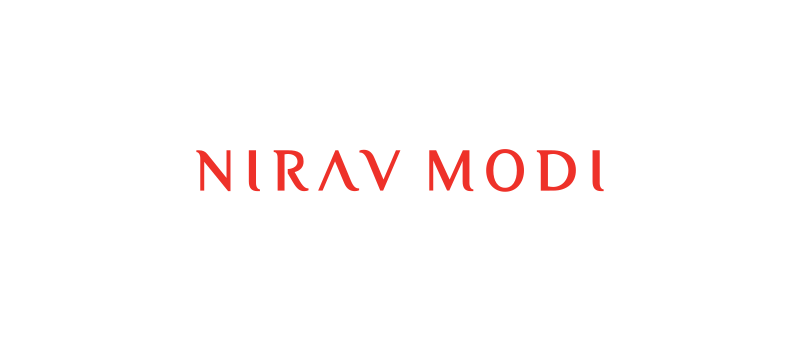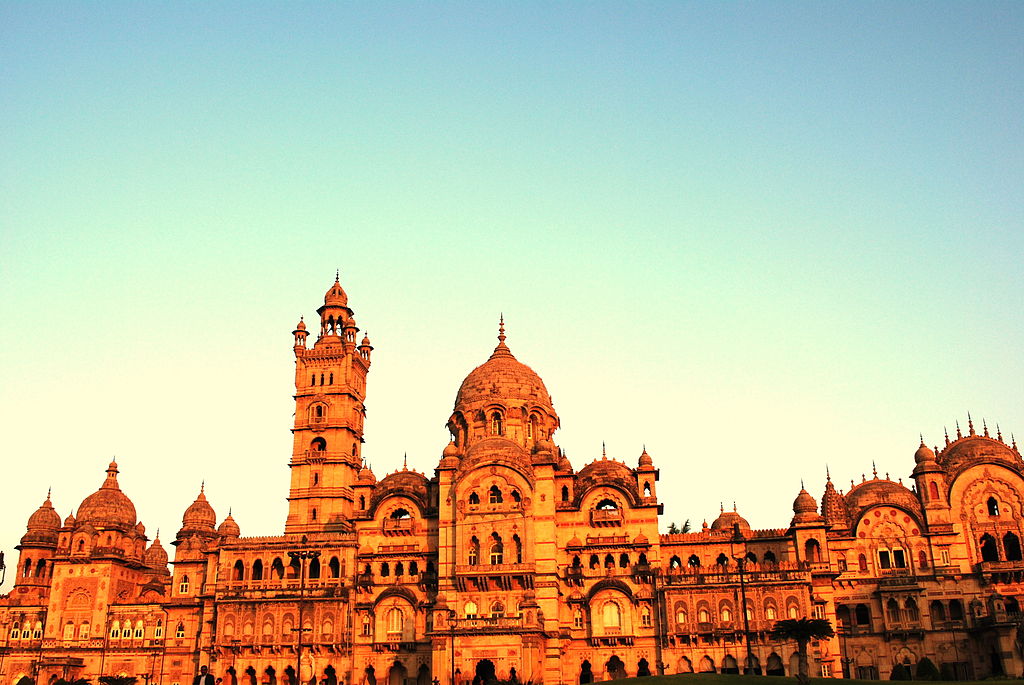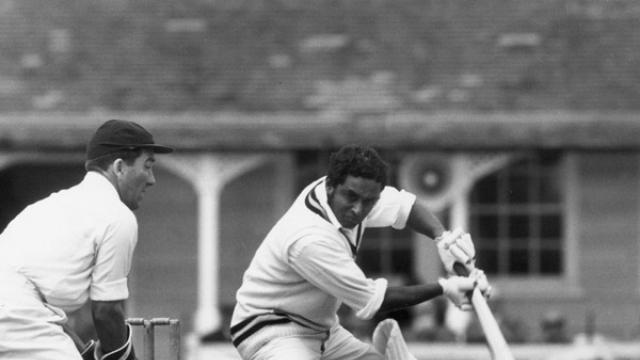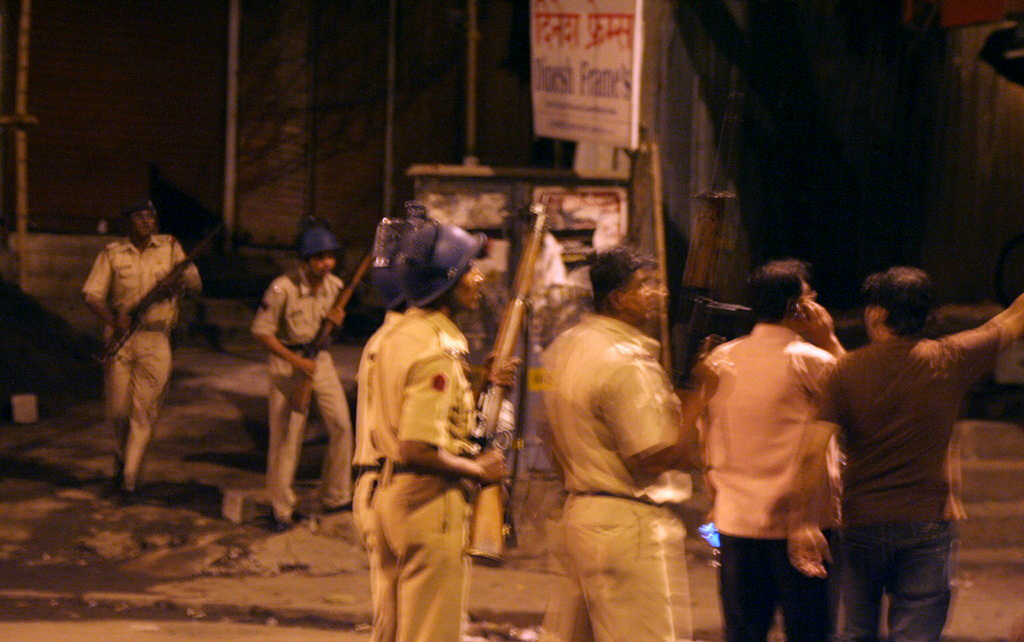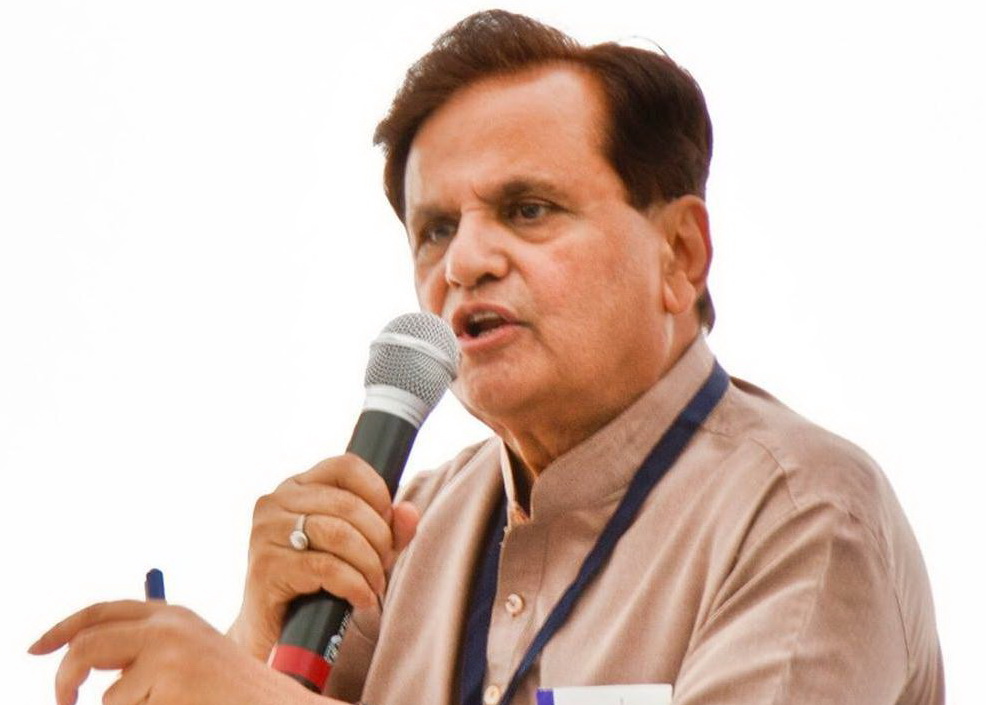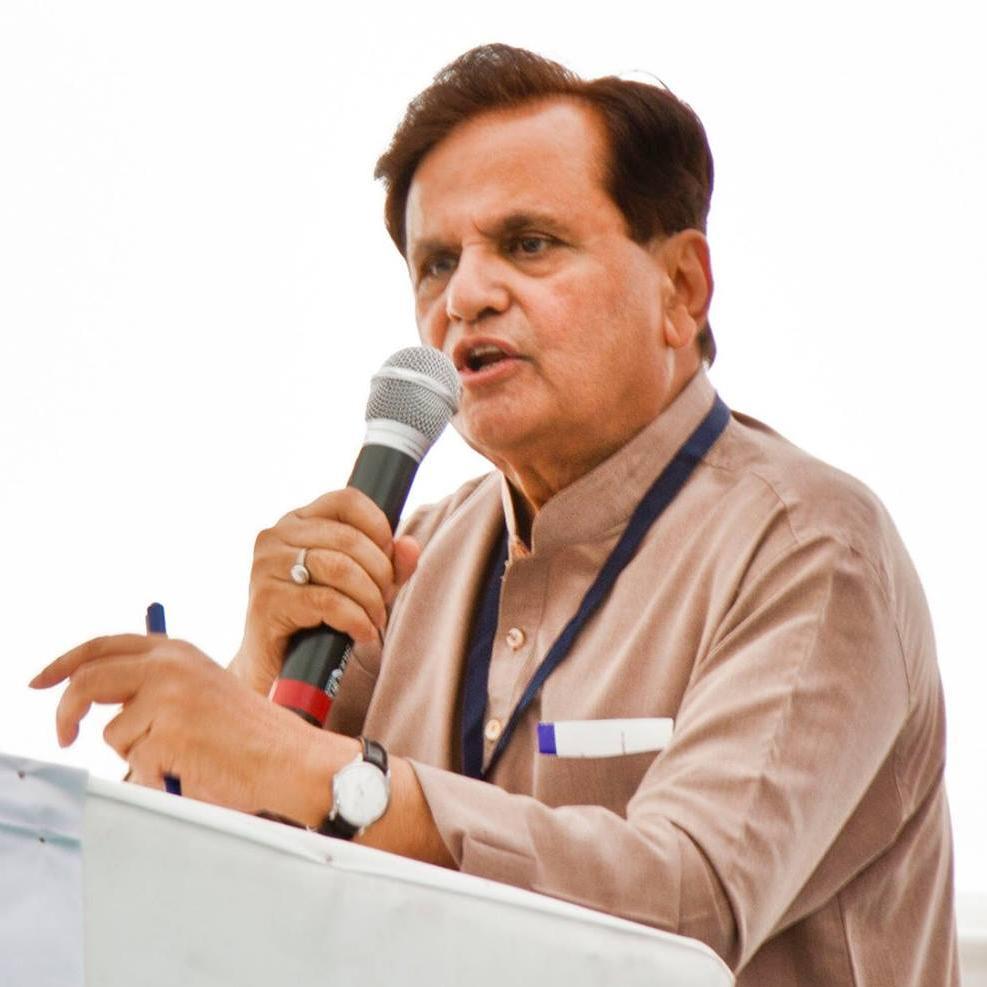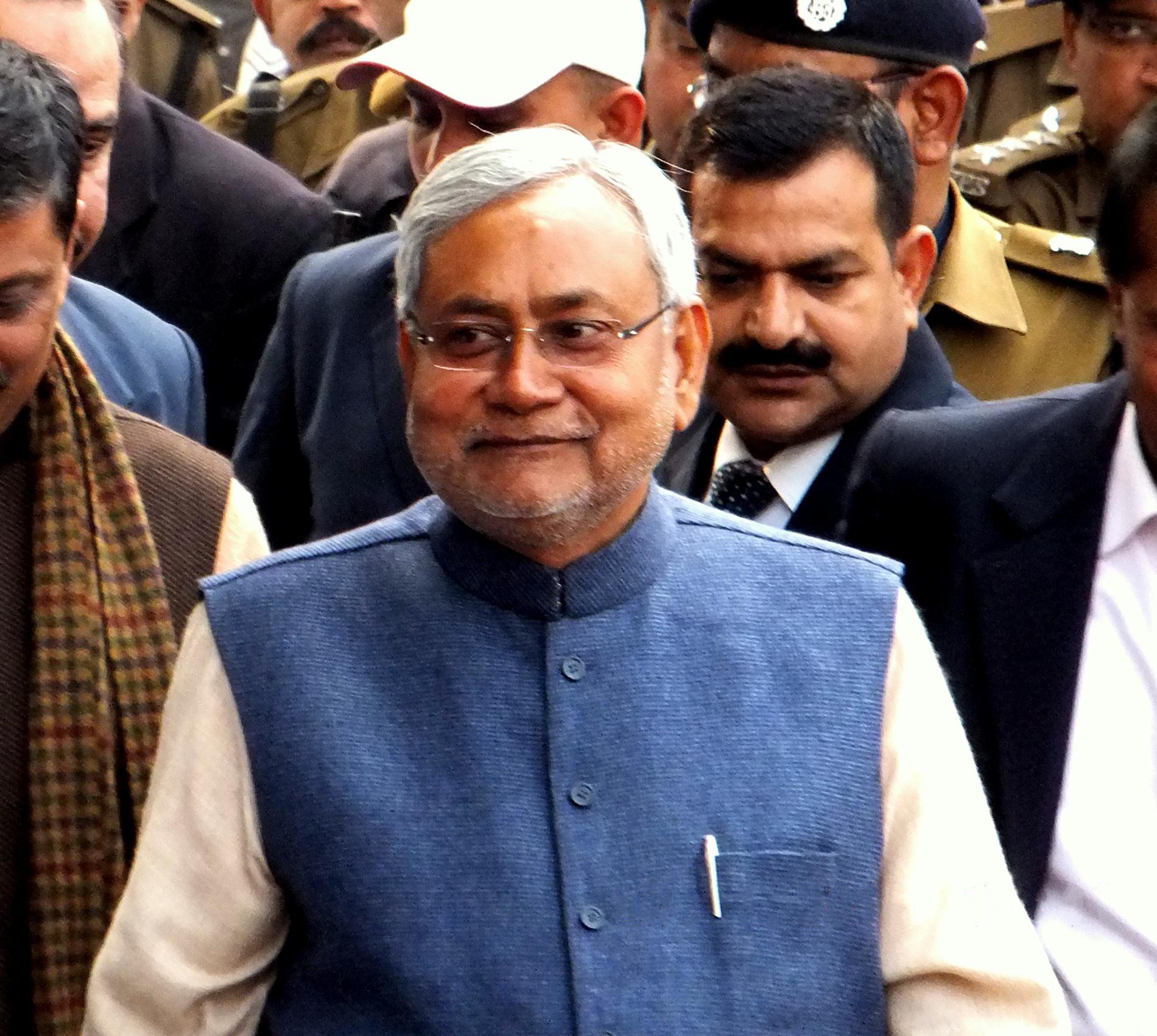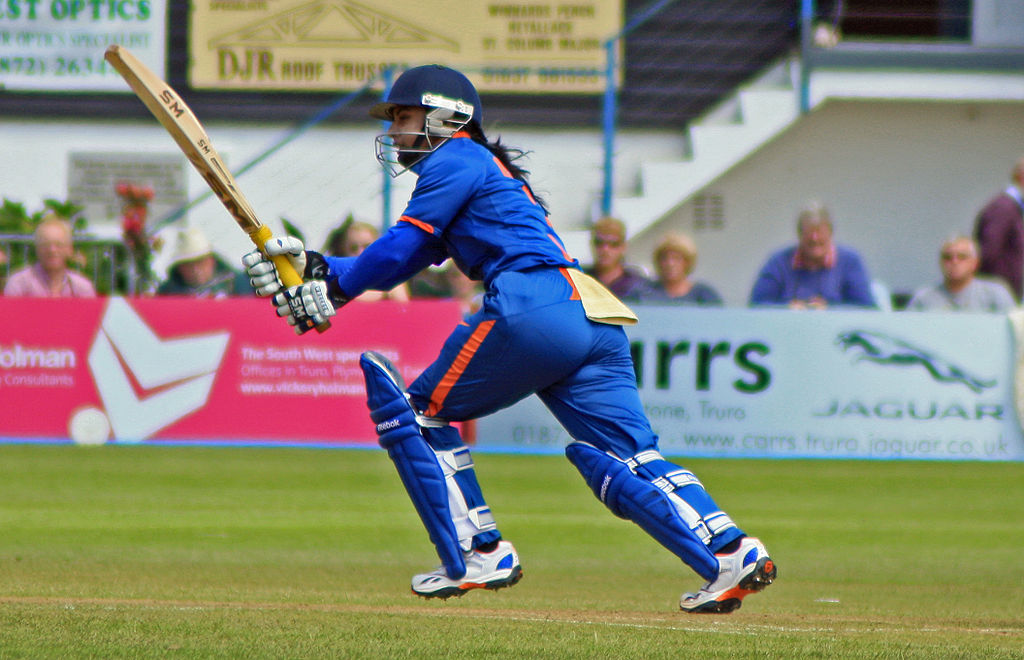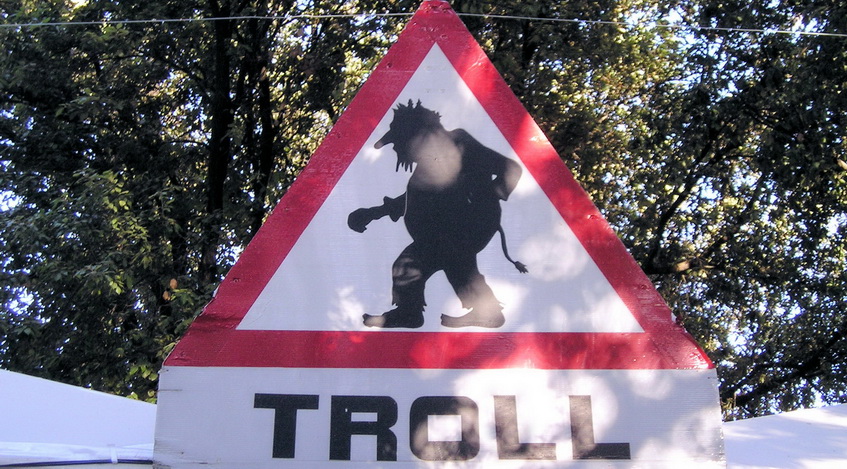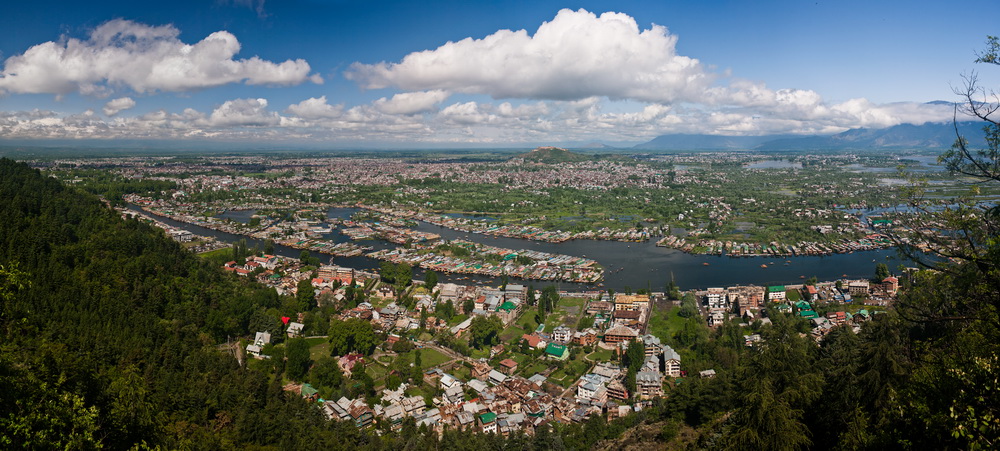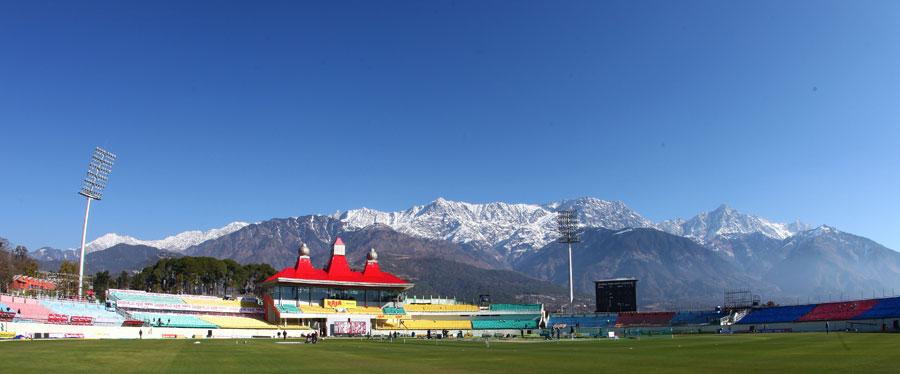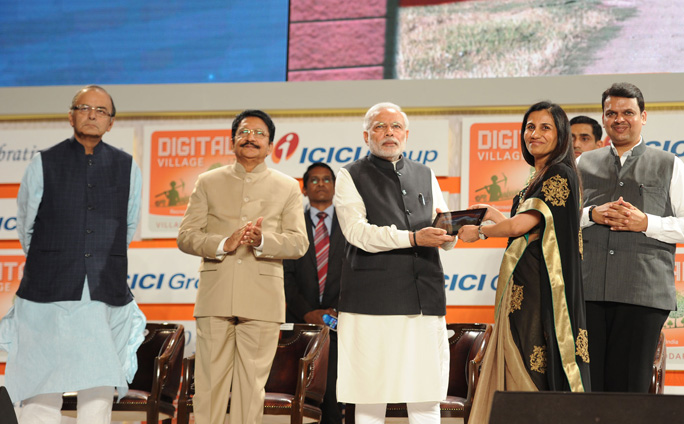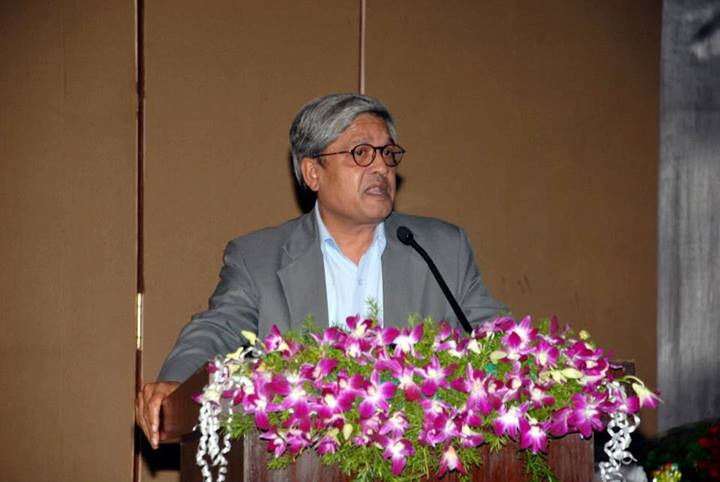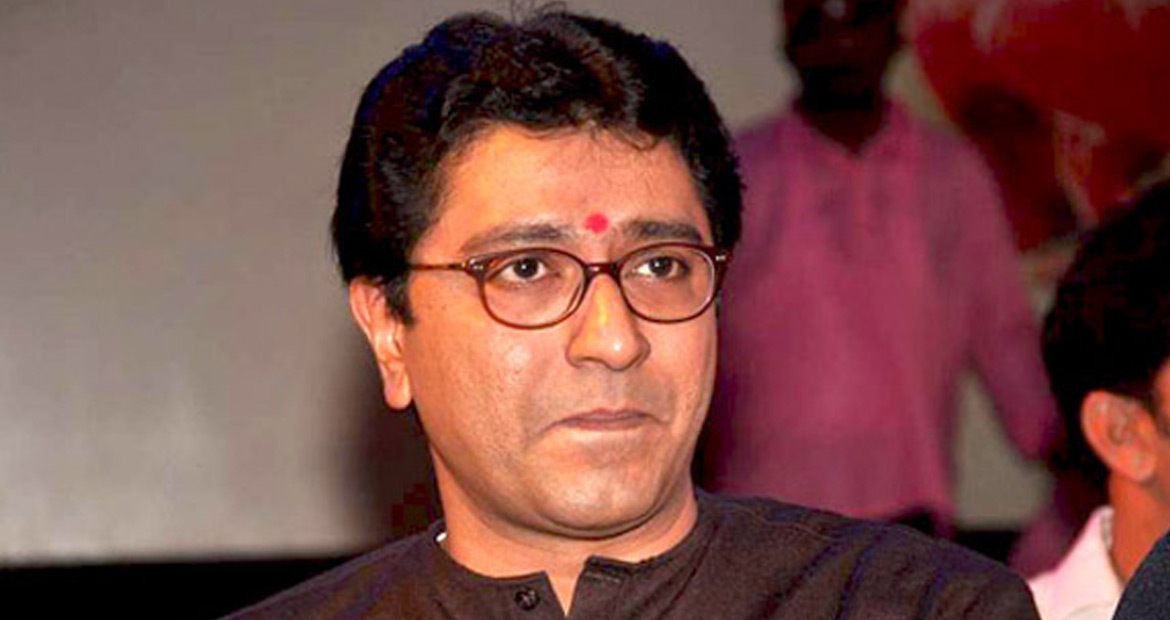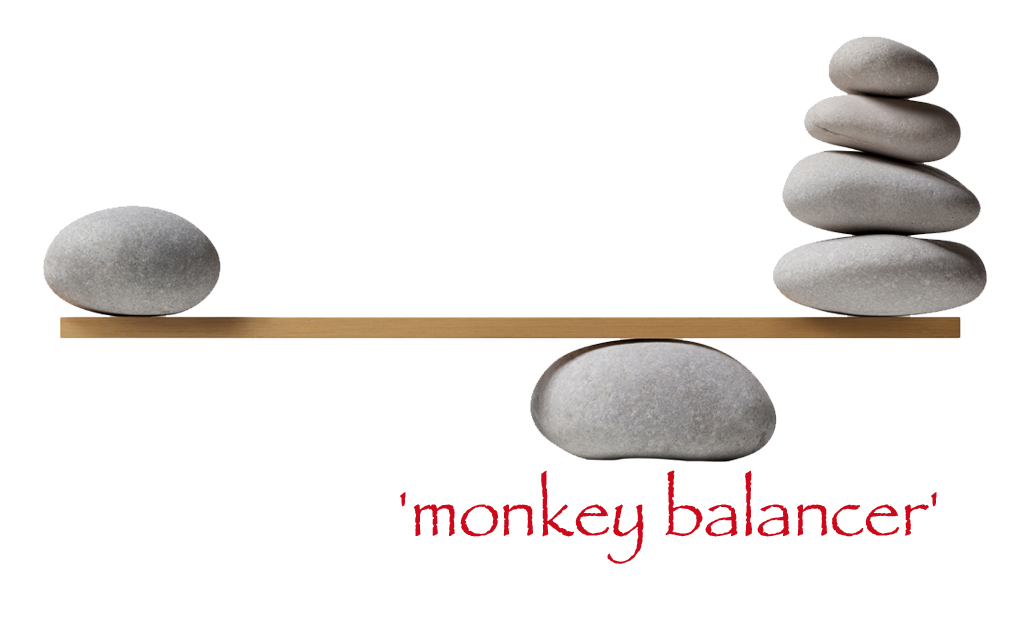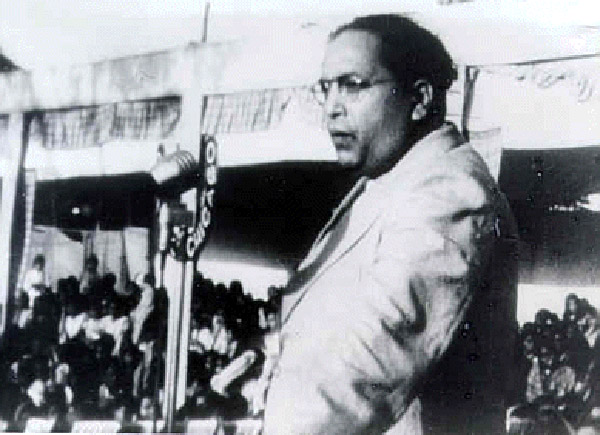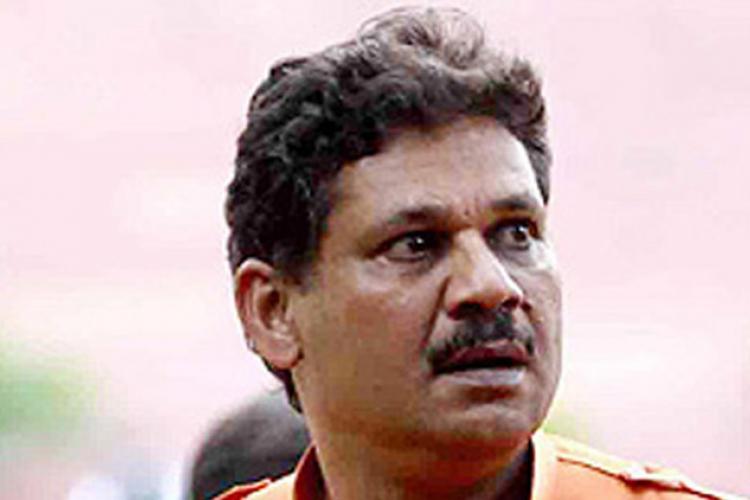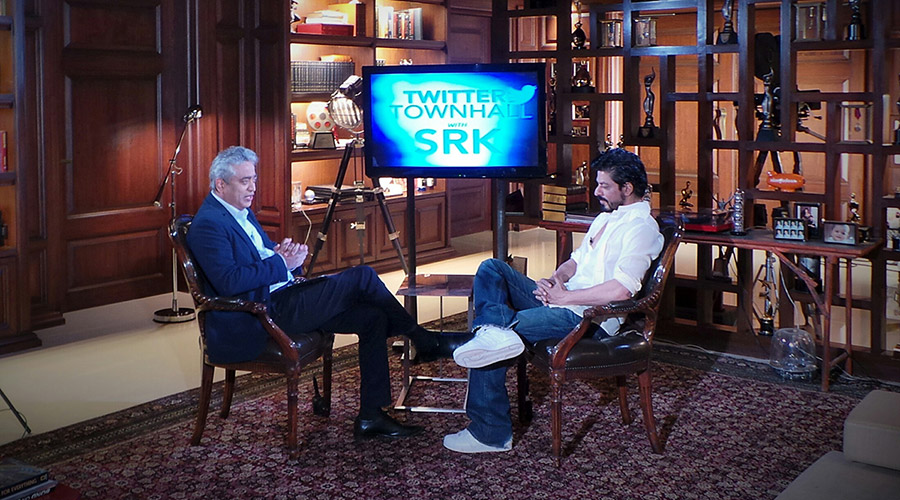Last night, I interviewed Junaid Khan’s father Jallaluddin when he said something that left me numb: ‘why do they hate us so much sir that they kill us because of our religion?’ He was responding to my question that some reports suggested that the 16 year old Junaid was stabbed to death in a train compartment over a seat dispute. “Itna gussa seat ko lekar nahi hota sir, woh mere bete ko ‘anti national’ keh rahe the, uski topi aur kapde ko lekar gaali de rahe the,’ he said. Jalalauddin was angry and yet remarkably restrained. He was gracious enough to admit that the killers of his son were not representative of society: “Paancho ungilyan ek jaisee nahi hoti sir, kuch log aisa sochte hain,”
Which bring me to the central question: who are these ‘kuch log’ who will kill a young man because of the way he looks, the dress he wears, the religion he follows? Who are these kuch log who are so carried away by a rising tide of Islamophobia that they will stereotype an entire community and care not to differentiate between the good and the evil? Who are these ‘kuch log’ who have chosen to spread fear and hate amongst communities?
Truth is, the men who killed Junaid are mere foot soldiers. They get their moral power from a dangerous narrative of religious nationalism spun by a religio-political authority and their cheerleaders who believe that members of a community need to be ‘taught a lesson’: a lesson for Laskhar terror attacks, for Kashmiri stone pelters, for the creation of Pakistan, for an attack in London, going back in time, for Mughal invasions, for alleged state ‘appeasement’, and in the case of gau rakshaks, even for the food ‘they’ eat. With every lynching, the echo chamber becomes louder: new excuses are found to justify the violence, statistics are reeled out of lynchings during a previous administration in an attempt to create a moral equivalence between a murder and targeted violence.
The noise is designed to silence dissent, to make such attacks seem as part of ‘normal’ criminal activity. Those who speak out are pseudo-secular libtards accused of seeking justice through a partisan lens. ‘Hey, did you speak out when Dr Narang, a Delhi dentist was lynched by a mob?’ they will ask you. Yes, you did a story on that lynching too, you will reply angrily. But where was the sustained campaign, they will counter. Ah, so now we must measure our sense of collective outrage at violence in terms of column inch spaces, air time spent or even on how many times you tweeted!
If you haven’t outraged ‘enough’ when a Hindu is killed anywhere in India in any crime, then you have no right to outrage when a Muslim is killed for being a Muslim, we are told. The aim is clear: push those who speak out for vulnerable groups on the defensive to the point where their voice becomes weak, almost irrelevant to the dominant discourse. Fall in line or face retribution. You don’t need a riot any more when one lynching will settle the argument, where a union minister will attend the funeral of the killers in Dadri but not provide solace to a grieving family, where the killers are ‘honoured’ in Alwar but victims are left to fight their own battle for justice.
And yet, speak out we must any and every time anyone is lynched because of their group identity. Because as responsible, humane citizens that is all we can do. Because we do not want more Akhlaqs, Ayubs, Pehlus and Junaids or Unas, Dadris and Alwars. Because in a democracy, you need your leadership to hear your voice loud and clear and act swiftly against the guilty . Because silence is not an option when fellow Indians are fearful and feel victimised. Because if netas will do nothing beyond mouthing platitudes, then the Janata must hold them accountable. Because this is India, a country where the rule of law matters, where a first rate constitution promises equality of citizenship above all else. Because India is not Pakistan and cannot and must not be a majoritarian state. Because no truly ‘proud Hindu’ would rationalise such violence in the guise of ‘national pride’. Because an India which cannot differentiate between right and wrong is not my India.
Post-script: Jallaluddin did not celebrate Eid this year and many villagers of Ballabgarh wore black bands. I have promised to join him in celebrating Eid next year and I hope he will join me at Diwali. This is a unique country like no other: may the sweetness of his sevaiyan and of my shrikhand remove the poison of ‘nafrat’ that courses through the souls of ‘kuch log’.


